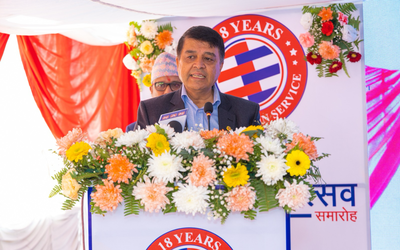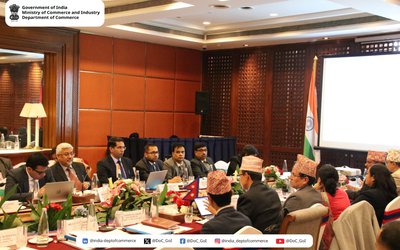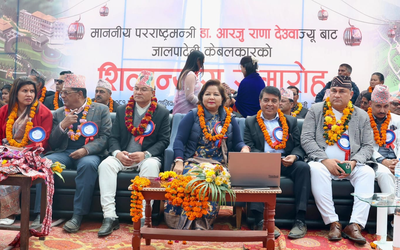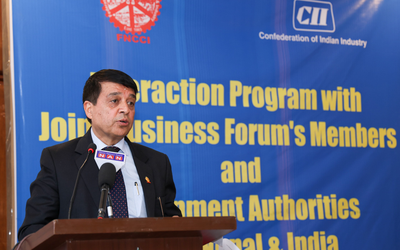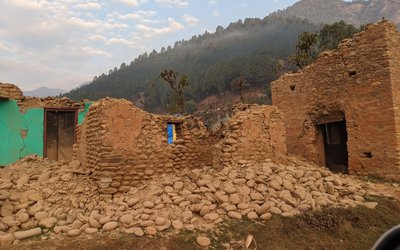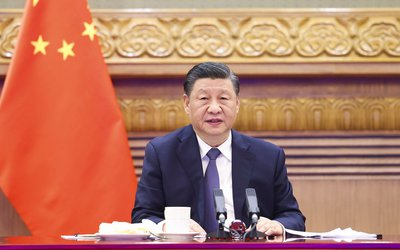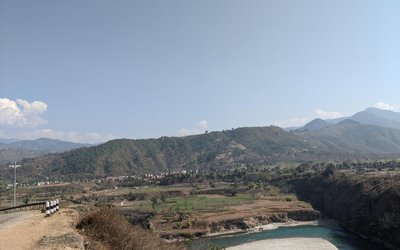
Nepal’s economic growth is estimated to moderate to 4.1% in fiscal year (FY) 2023, down from an estimated growth of 5.8% in FY2022, says the Asian Development Outlook (ADO) April 2023, the latest edition of the Asian Development Bank’s (ADB) flagship economic publication.
Nepal’s gross domestic product (GDP) growth is projected to slow largely due to tight monetary policy, slackened domestic demand, the unwinding of COVID-19 stimulus, and persistent global headwinds.
“There are downside risks to the outlook such as a global downturn hitting Nepal’s tourism and remittance receipts,” said ADB Country Director for Nepal Arnaud Cauchois. “Accelerating capital budget spending through focused investment planning, financial management, and project readiness will help spur Nepal’s economic growth over the years.”
Agriculture growth will likely moderate to 2.0% in FY2023, down from 2.3% in FY2022. There has been an increase in paddy output, but winter rainfall has been scanty and will likely affect winter crop yield and overall agriculture output. Industry growth will likely decelerate as higher interest rates, import restriction measures, slowdown in domestic consumption, and a dampened external demand have affected manufacturing and construction subsectors. Services growth will also moderate to 4.4% from 5.9% in FY2022. Credit control measures and hike in interest rates have slowed down real estate, wholesale, and retail trade activities. While tourism growth has been strong, international tourist arrivals are still at half of the pre-pandemic level.

The country’s inflation will edge up to 7.4% in FY2023 from 6.3% in FY2022, despite the tight monetary policy reigning in demand. The current account deficit is estimated to narrow to 4.0% of GDP in FY2023 on the back of declining trade deficit amidst buoyant remittance inflows.
Inflation is expected to decelerate to 6.2% in FY2024 assuming a normal harvest, subdued oil prices, and a decline in inflation in India. The current account deficit is expected to further moderate to 3.9% of GDP in FY2024 as global commodity prices normalize and fossil fuel imports are partially replaced with increased domestic hydroelectricity output.
ADB is committed to achieving a prosperous, inclusive, resilient, and sustainable Asia and the Pacific, while sustaining its efforts to eradicate extreme poverty. Established in 1966, it is owned by 68 members—49 from the region.
- National Earthquake Safety Day Today
- Jan 15, 2025
- Yoga Day celebrated In Various Parts Of The Country
- Jan 15, 2025
- Weather Forecast: Partly Cloudy In Hilly Some Regions of Gandaki, Bagmati and Koshi and Mainly Fair In The Rest
- Jan 15, 2025
- Foreign Minister Dr Rana Requested Qatar's Minister To Support To Release Bipin Joshi
- Jan 14, 2025
- Tharu Community Celebrates Maghi
- Jan 14, 2025
